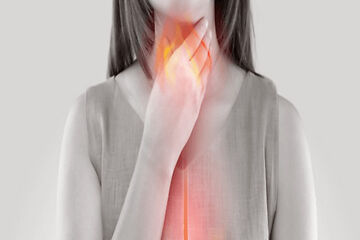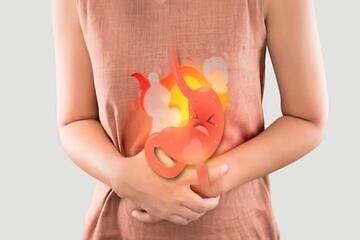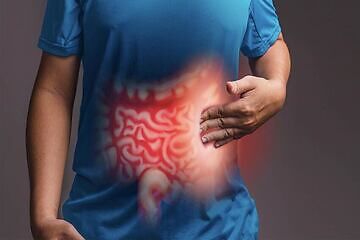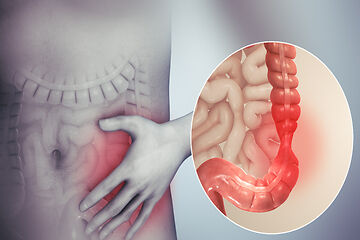What is Peptic Ulcers?
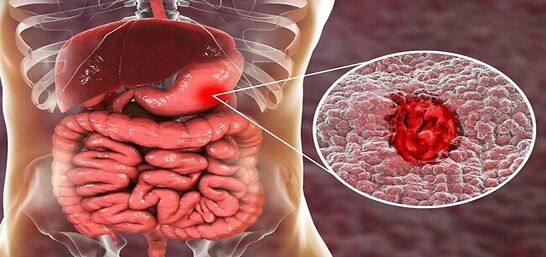
Peptic ulcers are open sores that develop on the inside lining of your stomach and the upper portion of your small intestine.
The most common symptom of a peptic ulcer is stomach pain.
What are the signs and symptoms of Peptic Ulcers?
There are some signs that can help to know if you have Peptic Ulcers or not, but you may not notice them right away.
However, the possible signs that may help you out are:
- Heartburn (acid indigestion): It usually feels like a burning chest pain that starts behind your breastbone and moves upward to your neck and throat. Many people say it feels like food is coming back into the mouth, leaving an acid or bitter taste.
- Gnawing or burning ache or pain (indigestion) in your upper abdomen that may become either worse or better with eating
- Intolerance t fatty foods
- Feeling Faint
- Vomiting or vomiting blood — which may appear red or black
- Disrupted sleep
- Nausea: Stomach discomfort and the sensation of wanting to vomit.
Immediately contact your doctor if you notice any such signs.
What are the causes of Peptic Ulcers?
Peptic ulcers occur when acid in the digestive tract eats away at the inner surface of the stomach or small intestine. The acid can create a painful open sore that may bleed.
Helicobacter pylori bacteria commonly live in the mucous layer that covers and protects tissues that line the stomach and small intestine. Often, the H. pylori bacterium causes no problems, but it can cause inflammation of the stomach's inner layer, producing an ulcer.
Diagnosis of Peptic Ulcers
To diagnose Peptic Ulcers , your doctor will review your personal and family medical history, perform a thorough physical evaluation, and may recommend any of the following tests:
Some tests that are normally done are as:
- Upper endoscopy. An endoscope, a thin tube containing a tiny camera, is inserted through your mouth and down into your stomach to look at the stomach lining. The doctor will check for inflammation and may perform a biopsy, a procedure in which a tiny sample of tissue is removed and then sent to a laboratory for analysis.
- Blood tests. The doctor may perform various blood tests, such as checking your red blood cell count to determine whether you have anemia, which means that you do not have enough red blood cells. They can also screen for H. pylori infection and pernicious anemia with blood tests.
- Fecal occult blood test (stool test). This test checks for the presence of blood in your stool, a possible sign of Peptic Ulcers.
What are the complications of Peptic Ulcers?
A few of the comorbidities you may face with Peptic Ulcers are:
- Left untreated, peptic ulcers may lead to Internal bleeding. Bleeding can occur as slow blood loss that leads to anemia or as severe blood loss that may require hospitalization or a blood transfusion. Severe blood loss may cause black or bloody vomit or black or bloody stools.Tell your doctor if your signs and symptoms aren't improving despite treatment for peptic ulcers.
Prevention of Peptic Ulcers
Preventing and treating illnesses that can become the risk factor for Peptic Ulcers is the best way to curb out it's complications. Make sure to change a few of your lifestyle habits and do regular physical exercise (not intense one). Talk to your doctor and take the help of a dietician who can suggest a decent diet to avert Peptic Ulcers. A diet is a healthy component of Ulcer treatment in Ayurveda!

